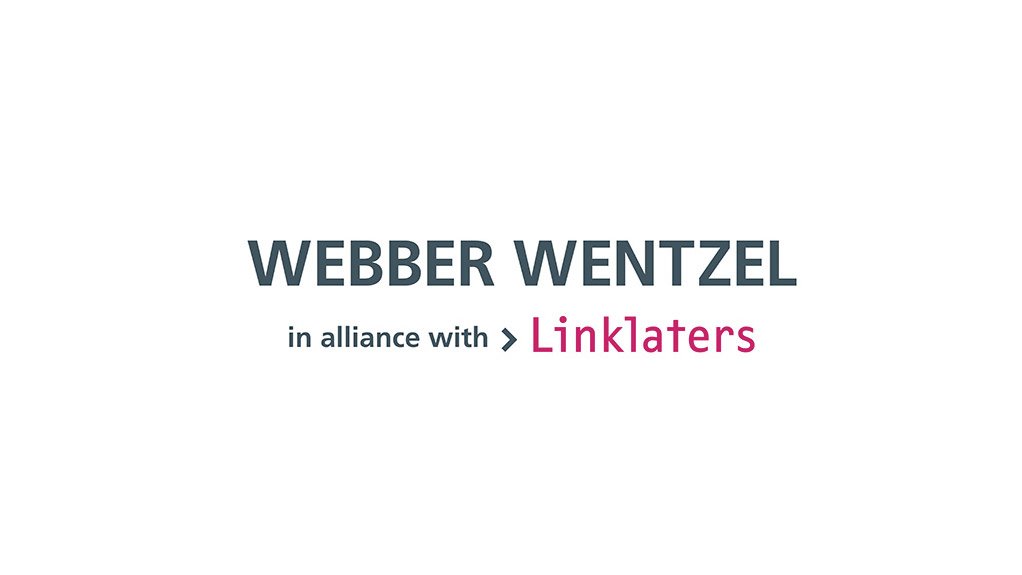As technology distorts the boundaries between the physical and digital realms, adequate risk mitigation measures must be built into collaborations between banks and fintech companies
In the dynamic landscape of banking, the axiom 'trust is hard to build, and even harder to regain once lost' echoes with heightened relevance. In this era of shifting customer expectations, South Africa's prominent banks face the dual challenge of adapting to the digital age while upholding public trust. Amidst this complex balancing act, collaboration with fintech entities emerges as a likely strategy. The synergy between fintech's technological innovations and the stability of banks proves advantageous for all stakeholders involved. Banks that partner with fintech companies can leapfrog technological development. Fintech companies can help banks to gain valuable insights into customer behaviour and understand customer needs. For example, a digital lending model would cut down the time needed to process loan applications, saving customers time. Collaborations with banks provide fintech companies with advantages such as access to capital, a sophisticated regulatory landscape, and the trust of customers.
Innovation gives rise to challenges, requiring banks to engage in responsible partnerships with third-party fintech companies. This includes taking the time to understand the risks that may or will arise during the relationship. In this regard, both entities must assess how the partnership aligns with their strategic goals, grounded in research, risk assessment, and practices for managing third-party risks. Bankers must understand a new suite of products and services and their operational and safety risks. Also, when launching new products, banks should exercise caution to avoid rushing into the market to remain competitive. Potential risks to their reputation may arise from introducing customers to products that might not meet stringent standards or prove reliable. Depending on how the collaboration is structured, partnerships with fintech companies could also heighten third-party risks, as these companies are likely to lack experience with bank supervision and regulation. Additional security mechanisms should be woven into the contractual framework where a fintech company will be responsible for interactions with the consumer, as this could present an increased reputational risk for the bank.
With the exponential increase in the number of these collaborations, a corresponding surge in technology-related commercial disputes is anticipated. By identifying these potential challenges early on, it becomes possible to prevent disputes. However, when disputes are unavoidable, the implementation of dispute resolution mechanisms that are more suited to addressing the specific circumstances of each dispute can significantly bolster legal certainty and ultimately minimise risks for the business.
In a technology-related dispute, some of the primary deterrents to pursuing the conventional litigation route through the courts include the accompanying legal expenses and the extended timeline in resolving the dispute. Court processes are generally unsuited to resolving technology-related disputes, and resultant court orders are often subject to endless appeals. The unpredictability of the outcome of a court case is heightened when judges have limited experience in the technology and finance industries. Preserving the confidentiality of intellectual property and know-how becomes potentially problematic due to overly intrusive discovery practices. In collaborations where the reputation of the bank plays a pivotal role, engaging in litigation in a public forum can have catastrophic outcomes.
Given the drawbacks associated with litigation, there are advantages to agreeing suitable alternative dispute resolution mechanisms at the outset, such as by incorporating an arbitration agreement within the contractual framework. In the last few decades, the field of arbitration has evolved significantly, both in practice and legislation, to meet the commercial demands of business. In South Africa, however, the banking sector generally retains an ambivalent attitude towards arbitration, mainly due to perceived limitations of the availability of interdictory relief, as well as expedited and summary procedures.
The benefits of arbitration are significant. One of the most important may be that it enables parties to achieve final resolution of the dispute far more speedily than if they were to use the courts. Since most arbitrations arise from a contractual relationship, an arbitration procedure can be streamlined to suit the dispute, without diminishing the legitimacy of the final award. This is because, in addition to agreeing a procedure, the parties are at liberty to agree on a specialist or expert decisionmaker to decide the dispute, resulting in a well-reasoned and respected award. A crucial consideration for the technology and finance sectors is the potential for parties to agree to maintain the confidentiality of the proceedings and the outcome.
No party to legal proceedings is ever happy to incur the legal costs and time in achieving a favourable award, but to be unable to enforce it. This is especially relevant as cross-border investment and fintech projects become increasingly common in South Africa, so disputes can assume an international angle. Unlike court orders that are not recognised or easily enforceable outside South Africa, the international arbitration of commercial disputes between foreign parties will result in awards that are enforceable around the world through a well-established network of international treaties and conventions. A well-crafted arbitration clause at the outset can help avoid significant procedural delays if a dispute arises, as well as secure the proper adjudication of the dispute and enable the ultimate enforcement of the award.
Considering the relatively uncharted waters of these innovative collaborations between banks and fintech companies, it is advisable to incorporate sufficient safeguards from the outset to pre-empt any potential conflicts arising during the contractual relationship. If disputes do emerge, the presence of a suitable dispute resolution mechanism will help facilitate a more certain and appropriate outcome.
Written by Kirsten Wolmarans, Partner at Webber Wentzel
EMAIL THIS ARTICLE SAVE THIS ARTICLE ARTICLE ENQUIRY
To subscribe email subscriptions@creamermedia.co.za or click here
To advertise email advertising@creamermedia.co.za or click here











